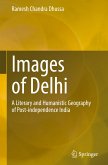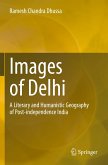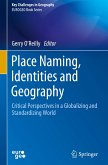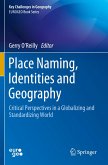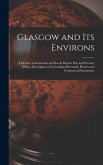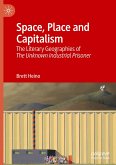This book, the first introductory work of Literary Geography Studies in China, justifies literary geography as a discipline running in parallel with literary theory, literary criticism, and literary history. Zeng argues that Literary Geography Studies is a subdiscipline of literary studies rather than an interdisciplinary field or a subfield of geography. Zeng believes that, in Literary Geography Studies, the theories and methodologies of geography are adopted to solve problems in literary studies rather than problems in geography.
The book has, for the first time, set up a theoretical framework for Literary Geography Studies as a secondary discipline. It has consequently structured the disciplinary knowledge covering topics such as the research object, research methodology, geographical influence upon literary production, geographical distribution of writers, geographical space in literary works, literary landscapes, literary regionality, and critical literary geography. This framework will bean invaluable tool to future scholars of Literary Geography Studies as it provides a systematic and detailed overview of the field, something that is currently lacking in English-language publications. In addition, the book derives its philosophy from ancient Chinese culture and establishes an innovative theoretical framework for Literary Geography Studies based on abundant examples from ancient Chinese literature, thus making a significant contribution to the existing literary studies by increasing a geo-spatial understanding of ancient Chinese literature.
The book has, for the first time, set up a theoretical framework for Literary Geography Studies as a secondary discipline. It has consequently structured the disciplinary knowledge covering topics such as the research object, research methodology, geographical influence upon literary production, geographical distribution of writers, geographical space in literary works, literary landscapes, literary regionality, and critical literary geography. This framework will bean invaluable tool to future scholars of Literary Geography Studies as it provides a systematic and detailed overview of the field, something that is currently lacking in English-language publications. In addition, the book derives its philosophy from ancient Chinese culture and establishes an innovative theoretical framework for Literary Geography Studies based on abundant examples from ancient Chinese literature, thus making a significant contribution to the existing literary studies by increasing a geo-spatial understanding of ancient Chinese literature.



